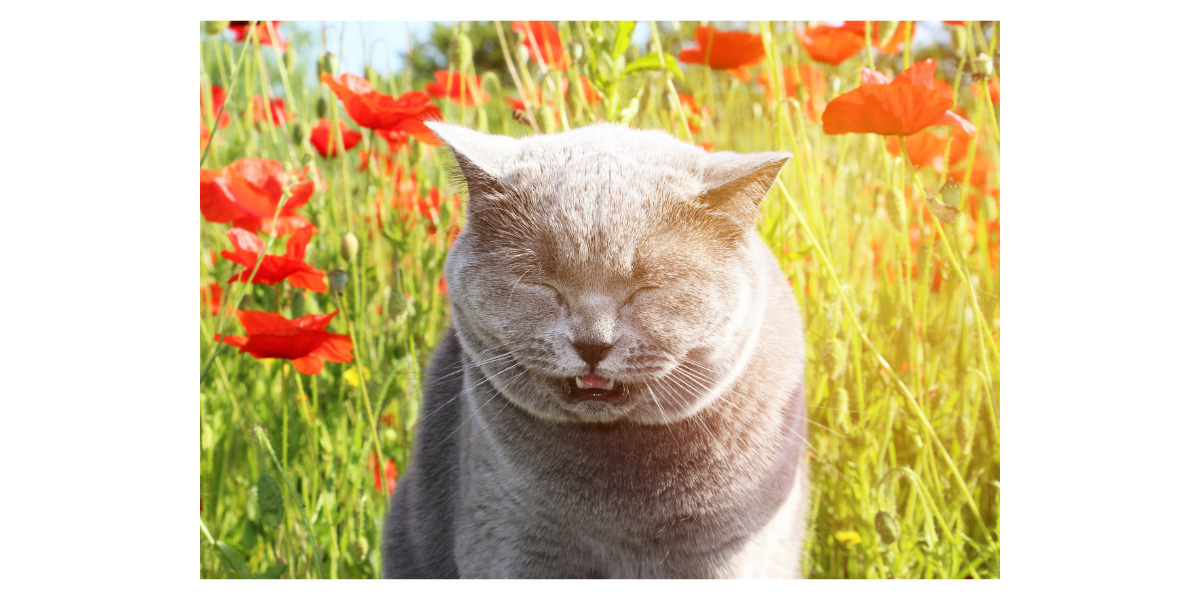
Save 35% with AutoShipUse code SAVE35 (Up to $20 max. Exclusions apply)

SAVE AN EXTRA $5 - $20 OFFUse code PETS in cart (Exclusions apply)

While efforts are made to answer all questions as quickly as possible, if an immediate answer is required or if your pet is in need of urgent or emergency care, contact your pet's veterinarian immediately.

You will receive an answer from Dr. Lindsay and our vet/tech team as soon as possible, usually the same day.
All answers are provided for informational or educational purposes only, and are intended to be a supplement to, and not a substitute for, the expertise and professional judgment of your pet's veterinarian.
It may be necessary to consult your pet's veterinarian regarding the applicability of any opinions or recommendations with respect to your pet's symptoms or medical condition.
Close
An error has occurred, please reload the page and try again.
CloseWhile efforts are made to answer all questions as quickly as possible, if an immediate answer is required or if your pet is in need of urgent or emergency care, contact your pet's veterinarian immediately.
There is no answer related to your question

Is your cat sneezing more than usual? Sometimes, it's just dust or pollen, but sneezing is often an indication that your cat could be feeling sick.
By looking for other symptoms, you can figure out what might be tickling your cat's nose.
If your cat seems as healthy and energetic as ever, and doesn't have any other unusual symptoms, sneezing might be caused by an irritant, such as dust, mold, or cigarette smoke, and will disappear once you make changes to their environment.
Watch out for these common symptoms that are often concurrent with sneezing:
Mucus and discharge.
Does your cat have crusty "boogers" around their eyes and/or nose? Do they produce discharge when they sneeze? Discharge or mucus indicates an upper respiratory infection.
Upper respiratory infections are common in cats, especially in kittens that have not yet had their vaccinations for feline herpes virus and feline calicivirus. Both viruses are highly contagious between cats, especially those in close contact and in shared spaces like shelters and boarding facilities.
A virus cannot be treated with antibiotics. Instead, your cat's immune system will need to fight it off. You can care for them at home by wiping away mucus with a warm, damp cloth, stimulating their appetite (see below), and keeping them separated from other animals.
Sometimes, a viral infection can lead to a secondary bacterial infection, which may need to be treated with antibiotics. Be extra cautious with very young, very old, and immunocompromised cats. In some cases, an upper respiratory infection can progress into pneumonia. See your veterinarian if your cat has thick, green or yellow discharge, bloody discharge, fever, trouble breathing, or if you're otherwise concerned about their condition.
Poor appetite.
Has your cat been barely touching their food bowl, or not eating at all? It's not unusual for cats to have a decreased appetite when they're feeling sick, but it only takes a few days of eating too little for your cat to become vulnerable to hepatic lipidosis, or fatty liver disease. This may be a good time to break out your cat's appetite enhancers, such as their favorite wet food or a small amount of tuna as a meal topper. If your cat still won't eat, talk to your vet.
Fever.
It's a good idea to keep a thermometer in your first aid kit that can be used to take your cat's temperature. The normal body temperature for a cat is 99.5-102.5 degrees Fahrenheit, and a temperature of 103.5 is considered a fever, which means your cat likely has an infection. A fever is the body's natural way of killing off bacteria and viruses that cause disease. Talk to your vet if your cat has a fever.
Odor.
Does the area around your cat's nose and mouth smell terrible? Odor can be caused by an infection. Also note that the odor may actually be coming from your cat's gumline. A dental infection can actually spread to your cat's sinus cavities, causing them to sneeze. See your vet as soon as possible if you suspect that your cat may have a dental infection.
 Swipe
Swipe